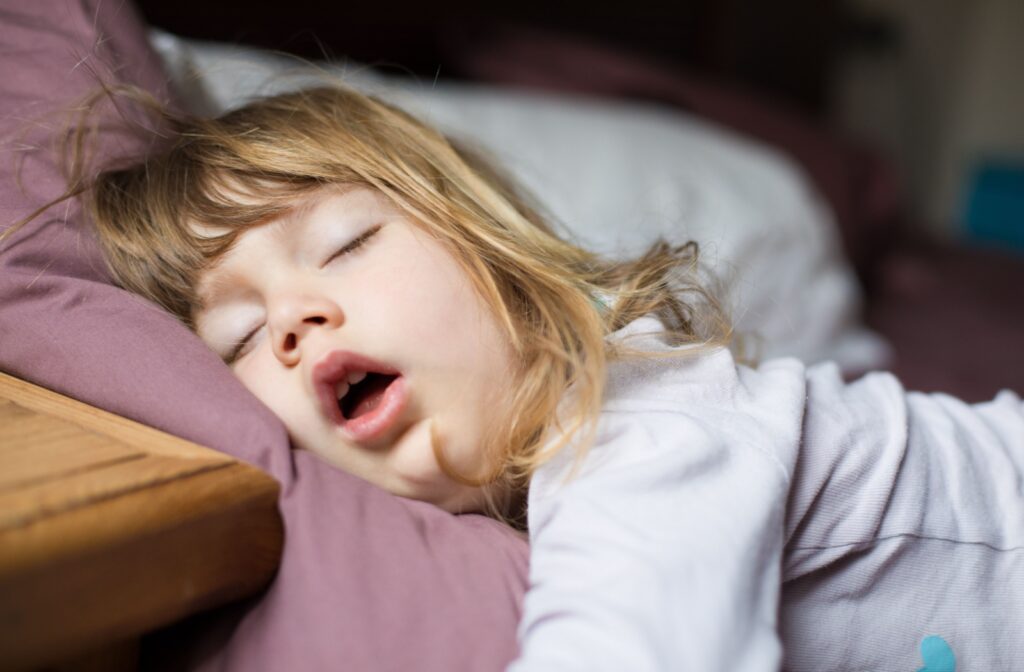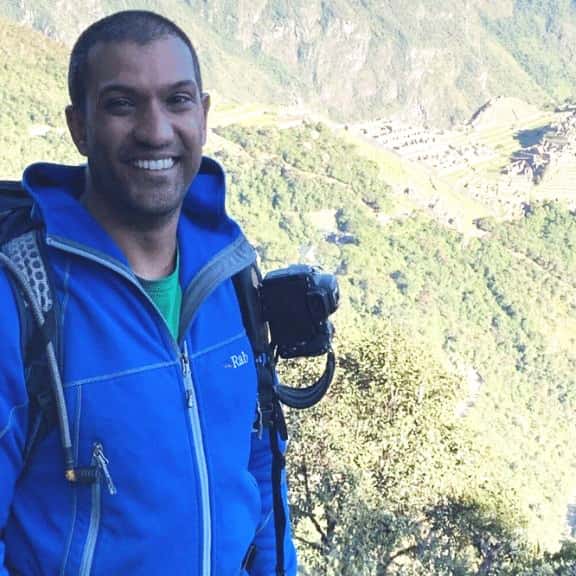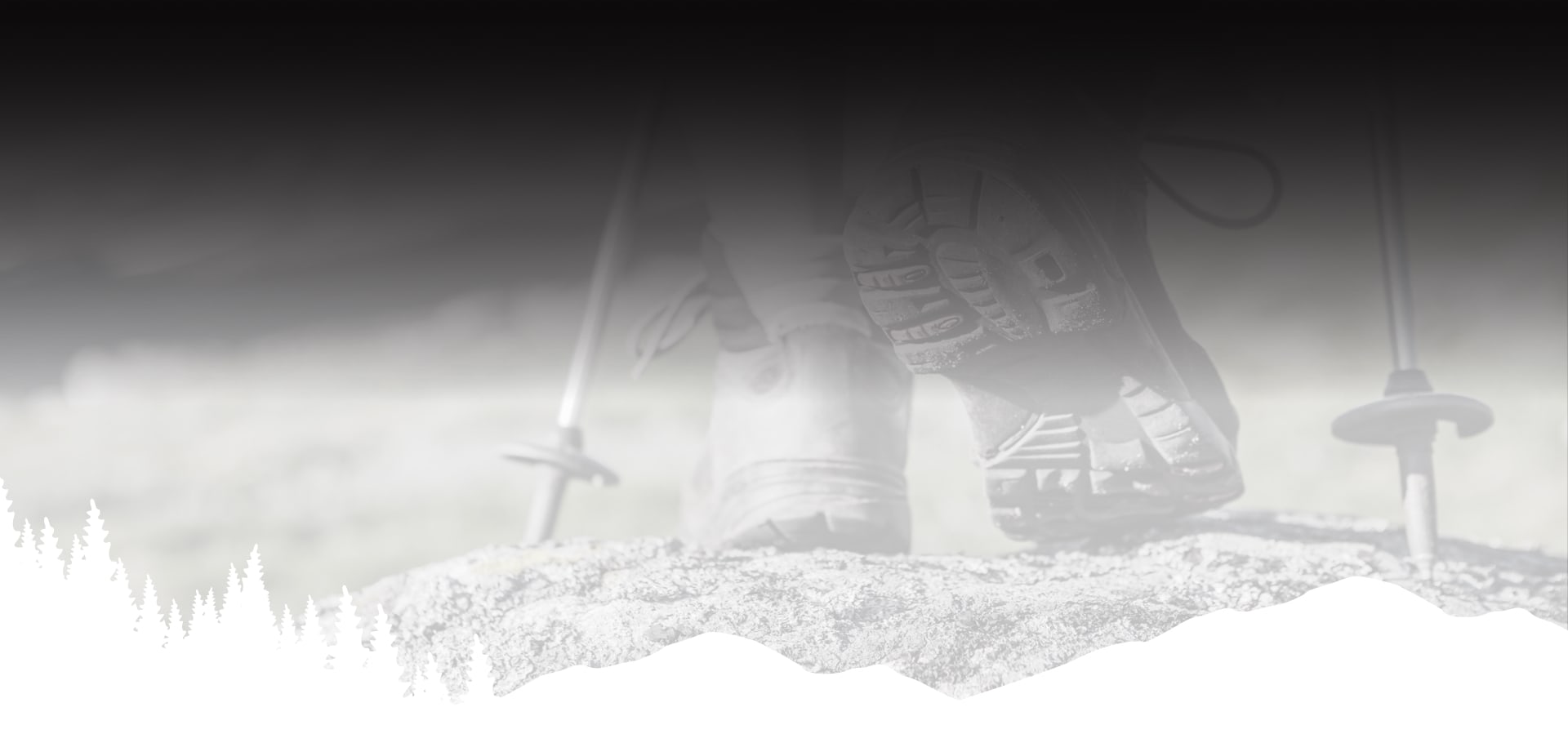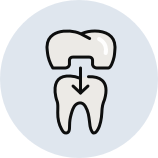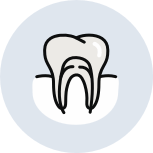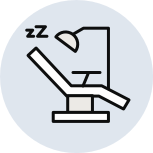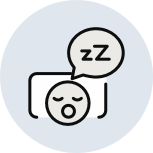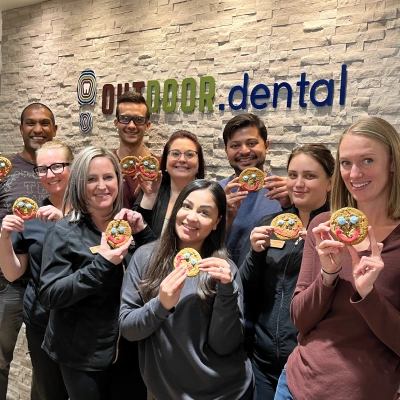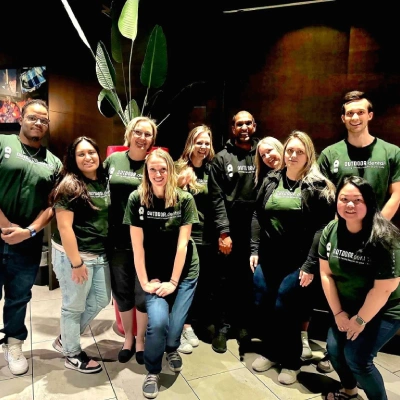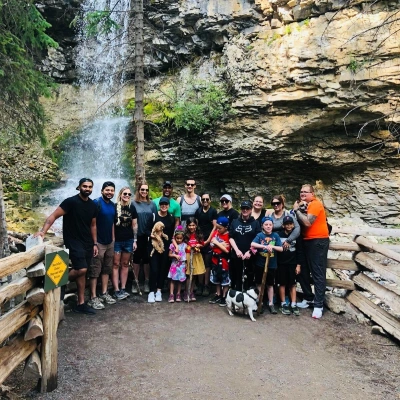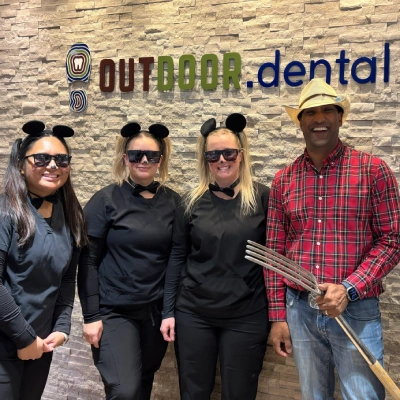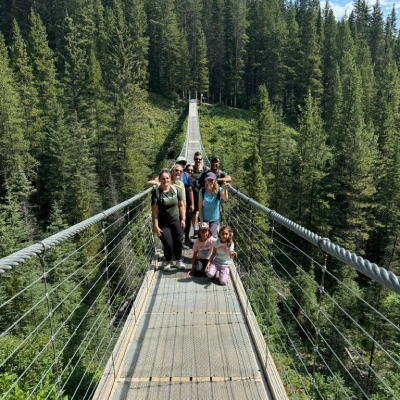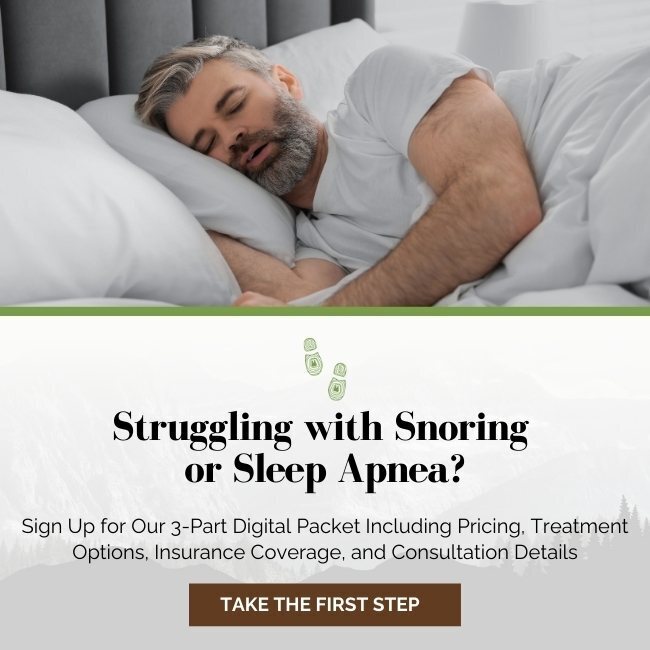Sleep is vital for your child’s growth and overall well-being. But what happens when something quietly disrupts their precious rest?
Sleep apnea is often an overlooked condition in children, but it can have profound effects on their development, behaviour, and dental health. If your child snores or has difficulty staying alert during the day, they may have sleep apnea.
What Is Sleep Apnea?
Sleep apnea is a condition where breathing repeatedly stops and starts during sleep. These interruptions, known as “apneas,” can last several seconds, causing a lack of oxygen that forces the person to awaken briefly to resume breathing.
Although commonly associated with adults, kids can also experience sleep apnea, and in their case, the symptoms can manifest uniquely.
There are 3 main types of sleep apnea:
- Obstructive sleep apnea (OSA), the most common type, is caused by a blockage in the airway, often due to enlarged tonsils or adenoids.
- Central sleep apnea (CSA) occurs when the brain fails to send the appropriate signals to the muscles that control breathing, leading to sleep disturbances.
- Complex sleep apnea syndrome (also referred to as mixed sleep apnea) is a combination of obstructive & central sleep apnea.
Sleep is essential for health and wellness at any age, especially for growing kids. Identifying and addressing sleep apnea early can support your child’s long-term health and happiness.
Does Your Child Have Sleep Apnea?
If you suspect your child may have sleep apnea, our sleep apnea quiz can help you identify potential red flags. Here’s a focused list of questions adapted for kids, looking at their behaviour and symptoms:
- Does your child snore loudly or frequently?
- Have you noticed your child gasping, choking, or pausing their breath during sleep?
- Does your child often wake up feeling tired or appear fatigued during the day?
- Has anyone in your household (including a parent or sibling) been diagnosed with sleep apnea?
- Does your child frequently wake up with headaches or struggle to concentrate?
- Has your child experienced unexplained or rapid weight gain?
- Does your child exhibit irritable, hyperactive, or inattentive behaviour?
- Does your child often breathe through their mouth, even while awake?
- Has your child experienced repeated ear or throat infections?
- Have you noticed that your child has swollen or enlarged tonsils or adenoids?
If you answered “yes” to one or more of these questions, it might be time to consult a healthcare professional about whether sleep apnea could be affecting your child and their overall health.
Is Snoring Always a Sign of Sleep Apnea?
Snoring doesn’t necessarily mean you have sleep apnea. It’s also common to experience sleep apnea without snoring.
While snoring is a common symptom of pediatric sleep apnea, many children snore occasionally without underlying conditions.
Temporary nasal congestion, asthma, colds, or allergies can cause snoring. However, if the snoring is loud, frequent, and accompanied by pauses in breathing, it’s worth investigating further for sleep apnea.
Persistent snoring accompanied by behavioural issues, fatigue, or other symptoms outlined in the quiz is a potential red flag that warrants a screening for sleep apnea.
Why Addressing Sleep Apnea Is Important
Untreated sleep apnea can affect many aspects of your child’s life, including:
- Cognitive development
- Sleep disruptions can interfere with concentration, memory, & learning
- Behavioural health
- Kids with untreated sleep apnea are at a higher risk of hyperactivity, mood swings, & irritability
- Physical health
- Persistent oxygen deprivation can lead to poor growth, increased blood pressure, & weight gain
Alleviating sleep apnea isn’t just about improving sleep; it’s about giving your child the foundation for enhanced well-being and development.
What to Do If You Suspect Your Child Has Sleep Apnea
We know this process can feel overwhelming, but you’re not alone—we’re here to help guide you. If your child’s symptoms and quiz results align, the next steps are simple: it’s time to check in with a healthcare professional.
Consult a Professional
Schedule an appointment with a pediatric specialist or dental professional, like the compassionate team at Outdoor Dental. They’ll assess your child’s symptoms and may recommend a sleep study to confirm a diagnosis.
Consider Treatment Options
The good news? There are plenty of ways to help your kid manage sleep apnea. Some common solutions include lifestyle changes, oral appliances, surgery to remove enlarged tonsils or adenoids, or continuous positive airway pressure (CPAP) machines.
Track Your Child’s Progress
Even after diagnosis and treatment, keeping a journal of your child’s sleep patterns and behaviour can provide valuable insights into improvements over time.
Take the Next Step to Peaceful Nights
Your child’s health and happiness matter above all. If you believe your child might have sleep apnea or you want to learn more, we encourage you to explore our sleep apnea quiz. It only takes a few minutes and could provide the clarity you need to take the next steps.
When you need professional support for your oral health and sleep apnea relief, book an appointment at our practice. We’re here to help you and your family smile brighter.

